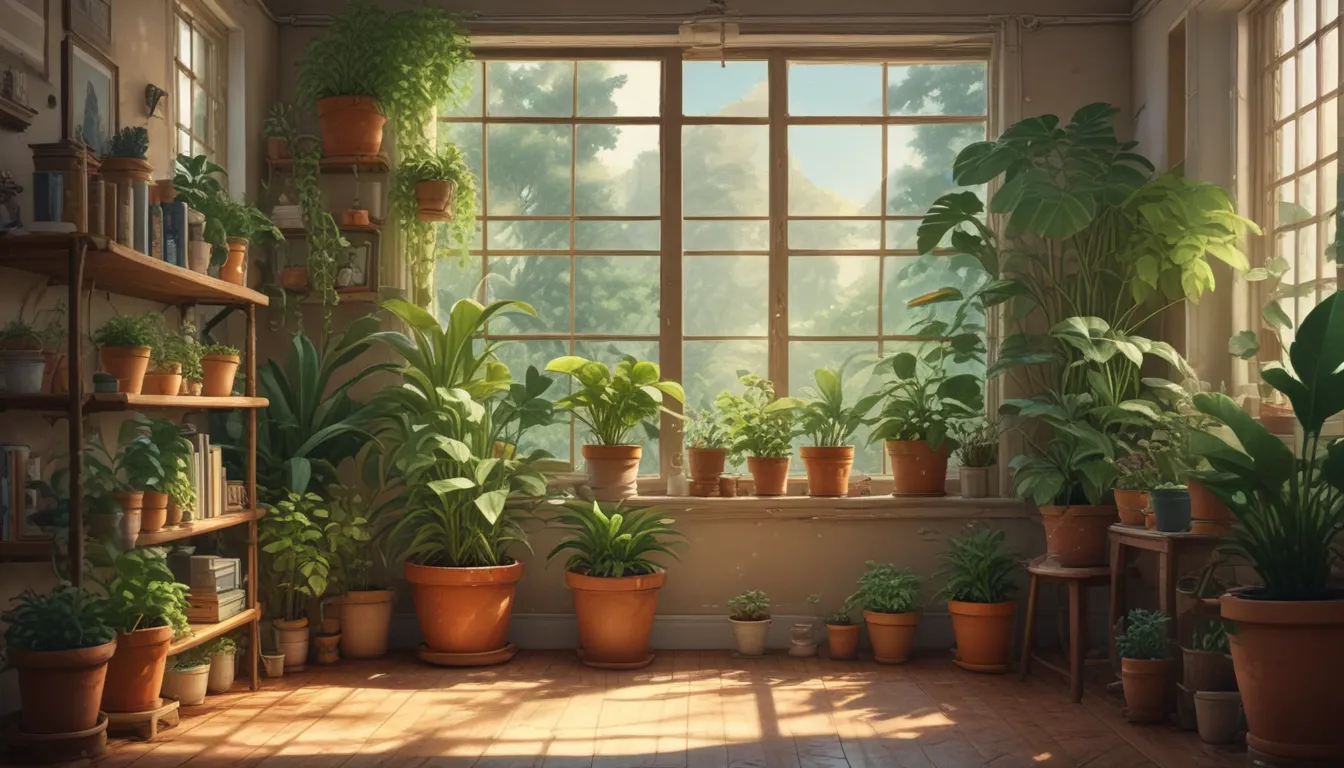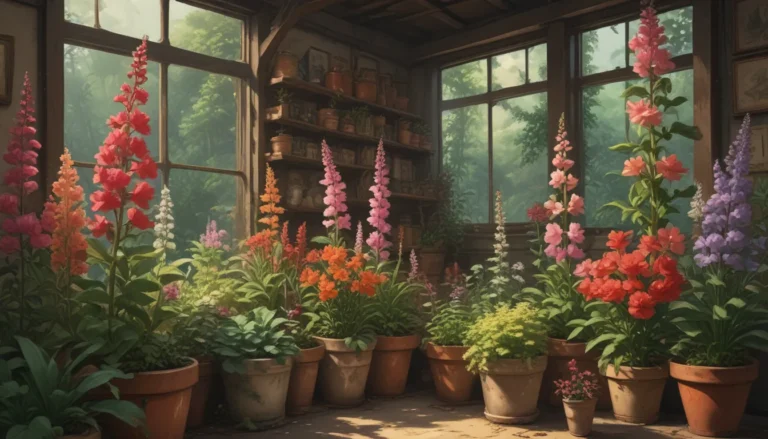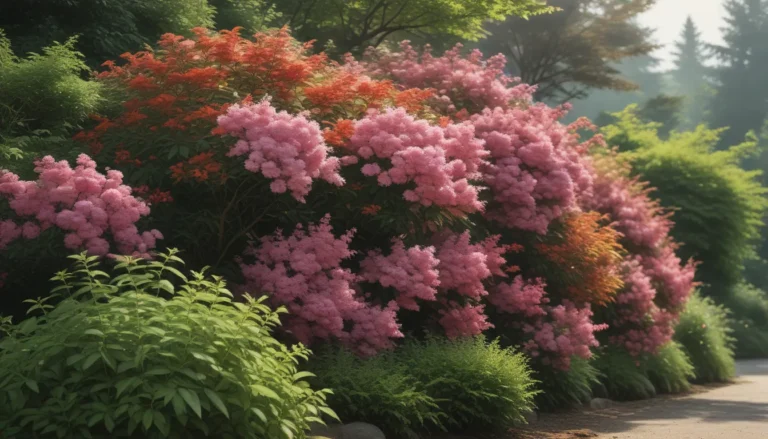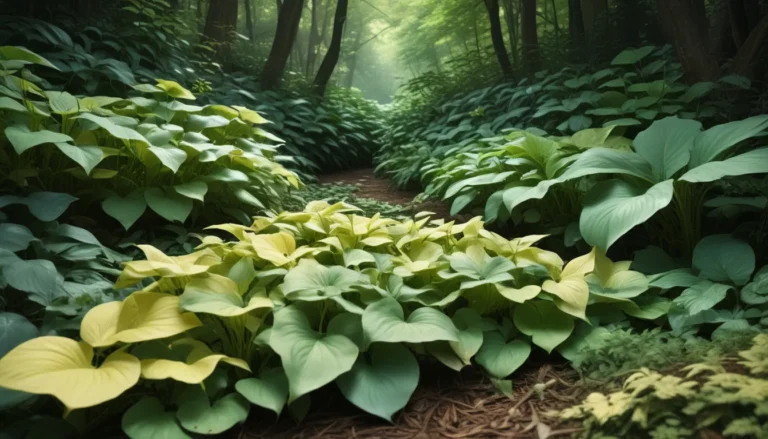5 Nontoxic Houseplants to Brighten Your Home Space

When it comes to home decor, adding houseplants can bring life and vitality to indoor spaces. Not only do they look beautiful, but they can also contribute to improving the air quality in our homes. In this article, we will explore five nontoxic houseplants that are not only easy to grow but can also help filter toxins from the air we breathe inside our homes.
The Science Behind Houseplants
Studies have shown that certain houseplants have the ability to remove harmful toxins from indoor air. Two key studies have highlighted the phytoremediation capabilities of specific plants:
- The NASA Clean Air Study in 1989 tested 19 low-light houseplants for their ability to remove toxins such as benzene, formaldehyde, and xylene.
- A study by the University of Georgia in 2009 identified five plants with superior phytomediation rates for various pollutants.
These studies have provided valuable insights into the benefits of incorporating houseplants into our indoor environments.
Choosing Nontoxic Houseplants
In addition to their air-filtering properties, it’s essential to choose houseplants that are safe for pets and children. By cross-referencing the NASA and UGA study plants with lists of nontoxic plants, we can identify the following five nontoxic and easy-to-grow houseplants:
- Bamboo Palm
- Gerbera Daisy
- Green Spider Plant
- Purple Waffle Plant
- Variegated Wax Plant
These plants not only contribute to improved air quality but are also safe for your furry friends and little ones.
1. Bamboo Palm (Chamaedorea seifrizii)
The Bamboo Palm, also known as the Reed Palm, is a graceful plant that adds a touch of tropical elegance to any space. NASA’s Clean Air variety, this plant is nontoxic to dogs, cats, and humans. Here are some tips for caring for your Bamboo Palm:
- Keep the soil moist but not wet.
- Provide indirect sunlight for best growth.
- Mist the fronds to create humidity and deter pests.
- Watch out for signs of mites and take appropriate action to control infestations.
2. Gerbera Daisy (Gerbera jamesonii)
The vibrant Gerbera Daisy is a colorful addition to any indoor setting. Nontoxic to pets and humans, this flower thrives in bright sunlight. Here are some care tips for your Gerbera Daisy:
- Water deeply when the soil is dry.
- Avoid overwatering to prevent root rot.
- Deadhead spent blossoms to encourage more flowering.
- Purchase plants from nurseries for longevity.
3. Green Spider Plant (Chlorophytum elatum)
The Green Spider Plant, with its cascading foliage, is a classic favorite that is nontoxic and easy to grow. Here’s how to care for your Spider Plant:
- Provide bright, indirect sunlight.
- Water sparingly to prevent overwatering.
- Avoid misting to maintain plant health.
- Propagate new plants from “plantlets” for friends or additional decor.
4. Purple Waffle Plant (Hemigraphis alternata)
The Purple Waffle Plant, also known as the Red Ivy, features variegated leaves and is an excellent choice for improving indoor air quality. Here are some care tips for your Purple Waffle Plant:
- Provide bright, indirect light for optimal growth.
- Water frequently to keep the soil moist.
- Monitor for pest infestations and take appropriate action.
- Avoid purchasing from aquarium supply stores for longevity.
5. Variegated Wax Plant (Hoya cornosa)
The Variegated Wax Plant, with its fragrant flowers and trailing stems, is a versatile addition to any indoor space. Here’s how to care for your Variegated Wax Plant:
- Provide indirect sunlight for best growth.
- Water according to soil moisture levels.
- Monitor for pest infestations and take preventive measures.
- Allow the plant to bloom day or night and rejuvenate after flowering.
Feed Your Plants
In addition to light, water, and pest management, plants benefit from nutrient supplementation to thrive. Consider using an organic, slow-acting fertilizer to provide essential nutrients to your houseplants.
Explore New Plant Additions
Ready to enhance your indoor space with new houseplants? Visit your local nursery or horticultural event to discover a variety of plants that can bring new life to your home. Don’t hesitate to ask questions and seek advice from expert growers to find the perfect plant for your space.
Share Your Plant Tips
Do you have tips for caring for houseplants or experiences to share? We’d love to hear from you in the comments section below. Let’s continue to cultivate beautiful and healthy indoor environments with nontoxic houseplants!
Remember, plants are not just decorations – they are living organisms that bring us closer to nature and provide numerous benefits for our well-being. So go ahead, add a touch of green to your home decor and enjoy the beauty and freshness that houseplants bring into your life.





